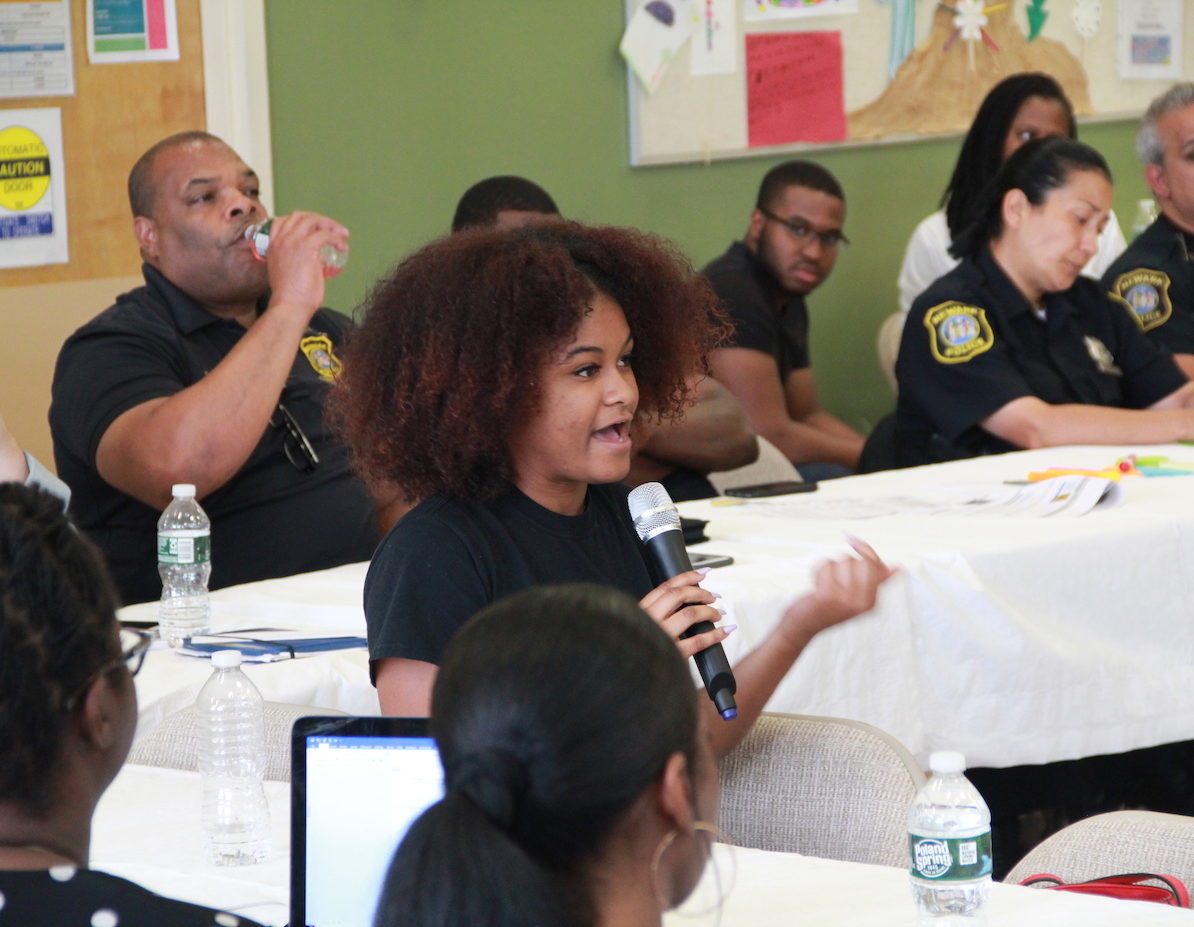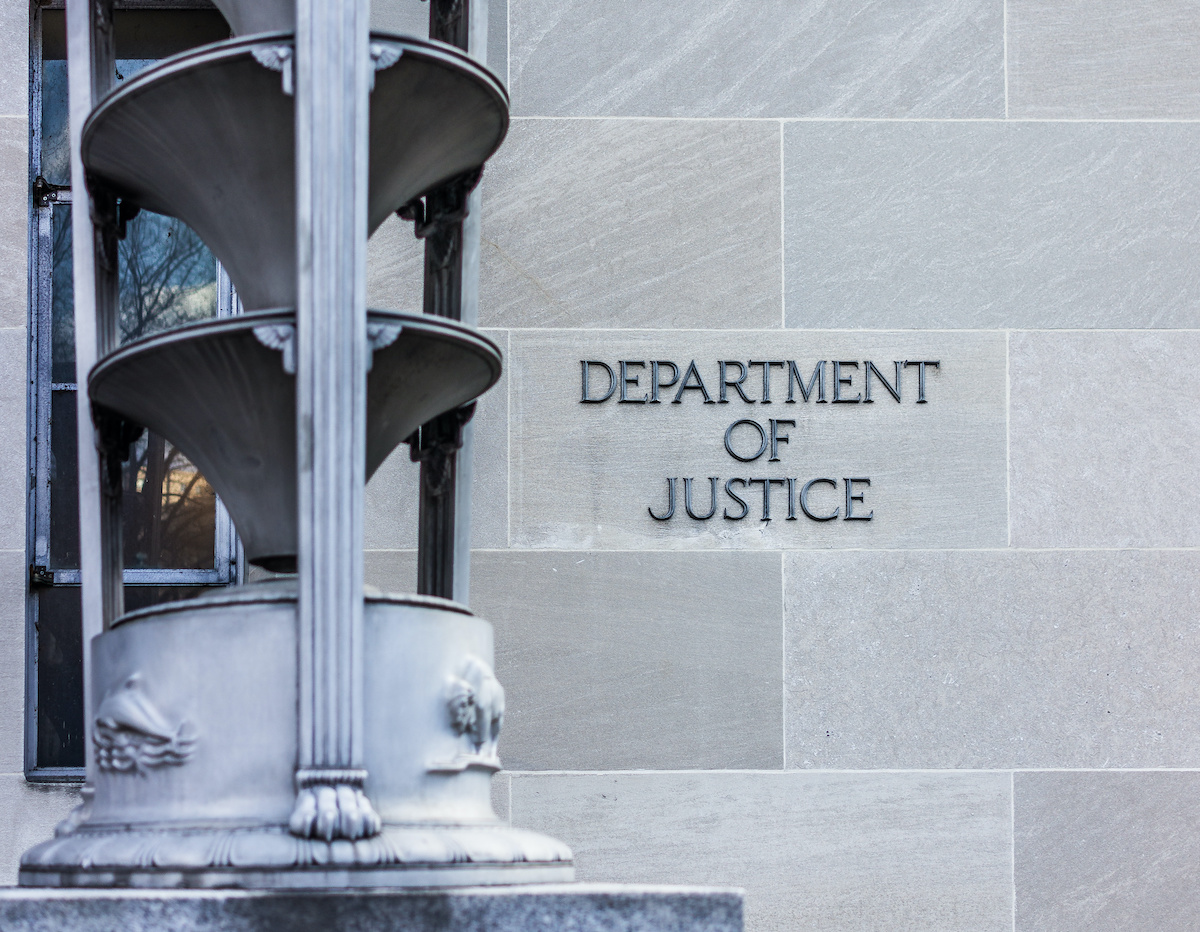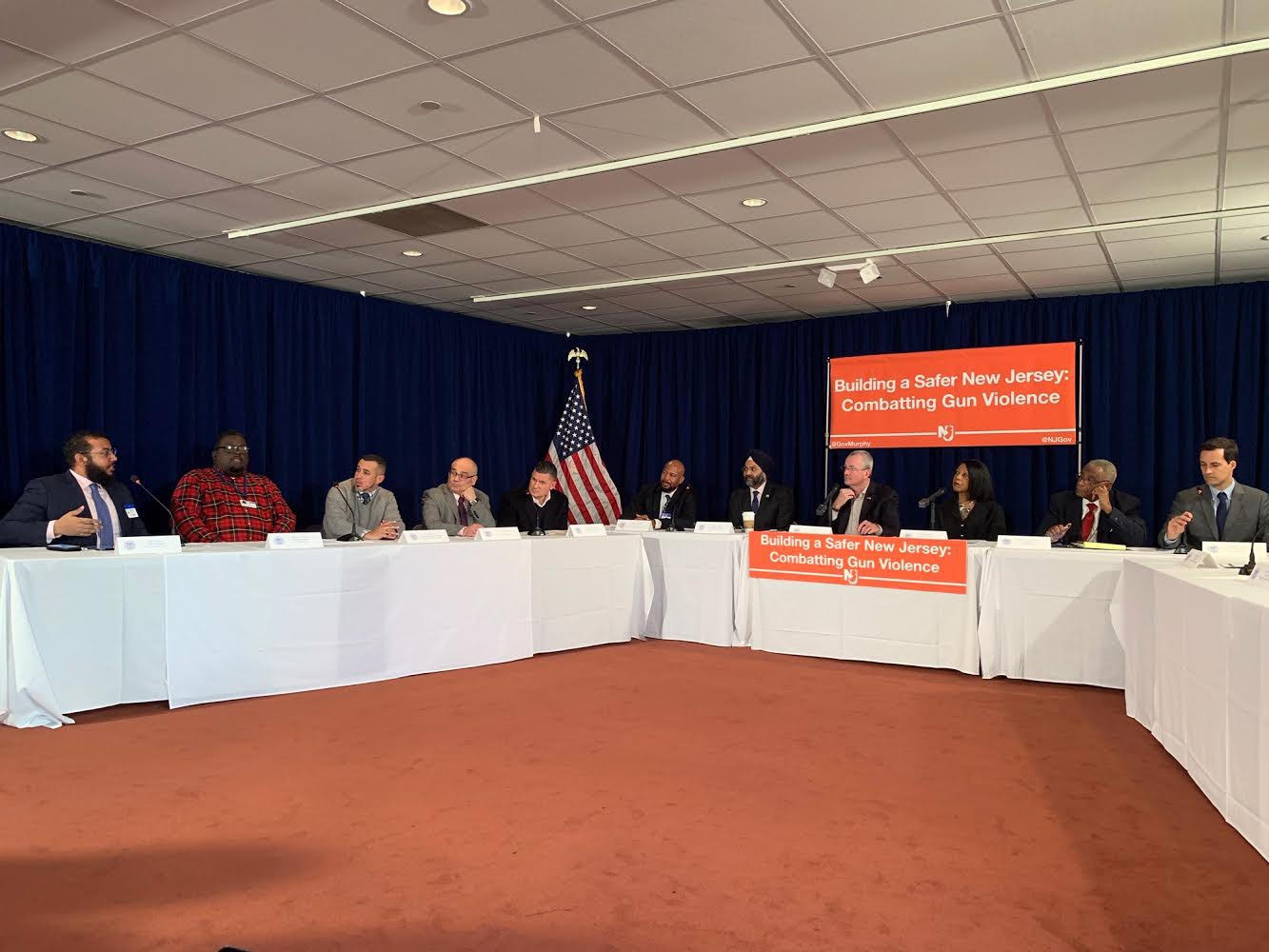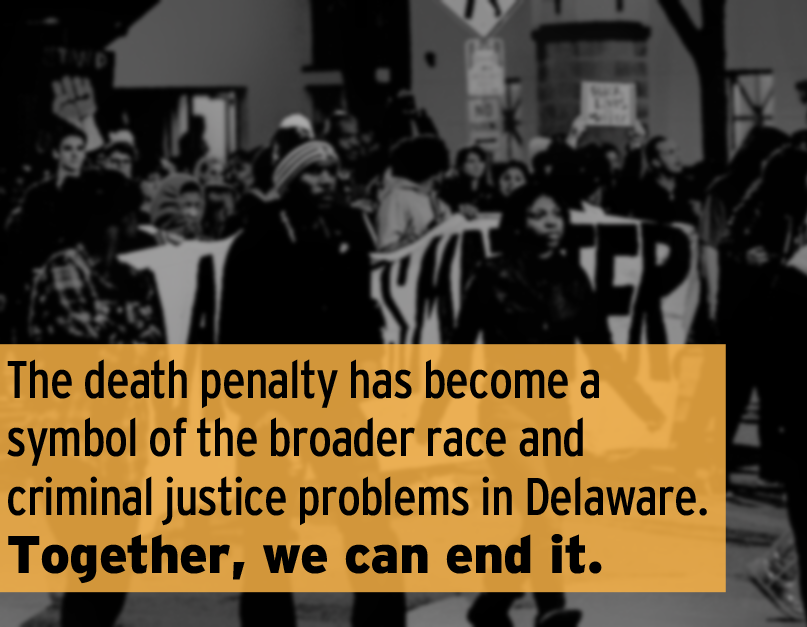For generations, communities of color have experienced deep mistrust of police, resulting from years of institutional racism and violence. Only after the 2014 police murders of Michael Brown, Eric Garner, and Ezell Ford, all within a month of each other, did discussions of police violence and accountability become a part of the larger national conscience.
Over the years, public attention to police violence and the associated lack of accountability has mounted, revealing both a dire need and ample opportunity for a new form of justice. In January 2018, the Federal Office of Victims of Crime (OVC) launched a three-year initiative to explore these needs and opportunities.
The initiative, formally called “Law Enforcement and the Communities they Serve: Supporting Collective Healing in the Wake of Harm,” is a federal collaboration between the OVC, the International Association of Chiefs of Police (IACP) and the Department of Justice. IACP identified five cities to house the program: Baton Rouge, Houston, Minneapolis, Oakland, and Rapid City, South Dakota.
For the past year, EJUSA has partnered with activists, community-based organizations, institutional service providers, and law enforcement agencies in these cities to tackle a critical question: What do trauma-informed approaches to harm and violence look like? The work has gained a powerful momentum as the collective group addresses the prevalence and impact of police-community tensions and establishes new means of interaction and understanding.
In this role, EJUSA supports organizations that work with survivors of violence coping with trauma, while meeting with local police departments to build their understanding of trauma, the ways that communities have been harmed and traumatized at the hands of police, and the ways that law enforcement themselves have experienced and internalized the trauma involved in their jobs.
“The goal is to really help cities center trauma within all aspects of their work, and collectively create public healing strategies that acknowledge harm and foster healing on both sides” says Latrina Kelly-James, EJUSA’s director of training and capacity building.
“It broadens the definition of healing,” says Christine Henderson, EJUSA’s senior collective healing strategist. “It shows intersections between policing, community organizing, and victim service providers, and allows each to understand how trauma-informed strategies can be a foundation for so much justice work.”
While police-community relationships still have a way to go across all sites, some of the most pivotal changes within the initiative’s first year occurred in Baton Rouge. Like all of the cities selected for the project, Baton Rouge has been deeply affected by racism, poverty, state violence and significantly traumatic events — most notably the 2016 murder of Alton Sterling by Baton Rouge police, the killing of Baton Rouge police officers and a major flood; all of these occurring within weeks of each other.
As EJUSA’s Collective Healing team met with the Baton Rouge Police Department (BRPD) and local organizations to advocate for cultural shifts within the department, several grassroots groups came together to form the Baton Rouge Healing Coalition. This network of 15 like-minded organizations support one another to create strategies rooted in community healing, while receiving capacity-building support — in the form of fundraising, organizational support, marketing, and more — from EJUSA staff.
In August, this coordinated activism and community support yielded a historic public apology from BRPD Chief Murphy Paul, not only for Alton Sterling’s murder but for the toxic culture of policing that has haunted the city for generations. In this apology, Paul explicitly named the department’s commitment to healing from the trauma that police have experienced and created in the city.
Chief Paul’s apology was one of the most exciting highlights of this year but it was far from the only one. Several cities saw remarkable developments, including Rapid City. In a city known mostly as the site of Mount Rushmore and much less for its mistreatment of its sizeable Lakota Native American population, commitments by police illustrated transformations in law enforcement’s empathy to community trauma and healing that hadn’t been seen before.
Initial meetings with the community surrounded issues of disconnection from police, rampant violence, and corruption. Over the year, the Rapid City Police Department (RCPD) listened and devised a plan for proactively shifting their department culture. Presented over 300 PowerPoint slides, the plan described the history of the U.S. government’s genocide against Native American people, and how this violent legacy dictates the way that law enforcement engages with the community today.
Before presenting the plan externally, RCPD met with Lakota elders to ensure that the plan was acceptable. One elder was brought to tears, naming that this was the first time they’d felt hope that true change could take place.
The Collective Healing initiative will continue for an additional year. Given the progress and clarity that has come from this first year’s work, our team noted the continued need for deeper investment from police in order to achieve the initiative’s goal of transforming historically over-policed communities.
For EJUSA’s Senior Strategist, Will Simpson, intentionality and communicating how change is happening is key.
“We learned a lot this year,” he says. “We need to send the message that huge changes are possible, and that healing is happening. We need to show people that growth is happening on a daily basis.”









